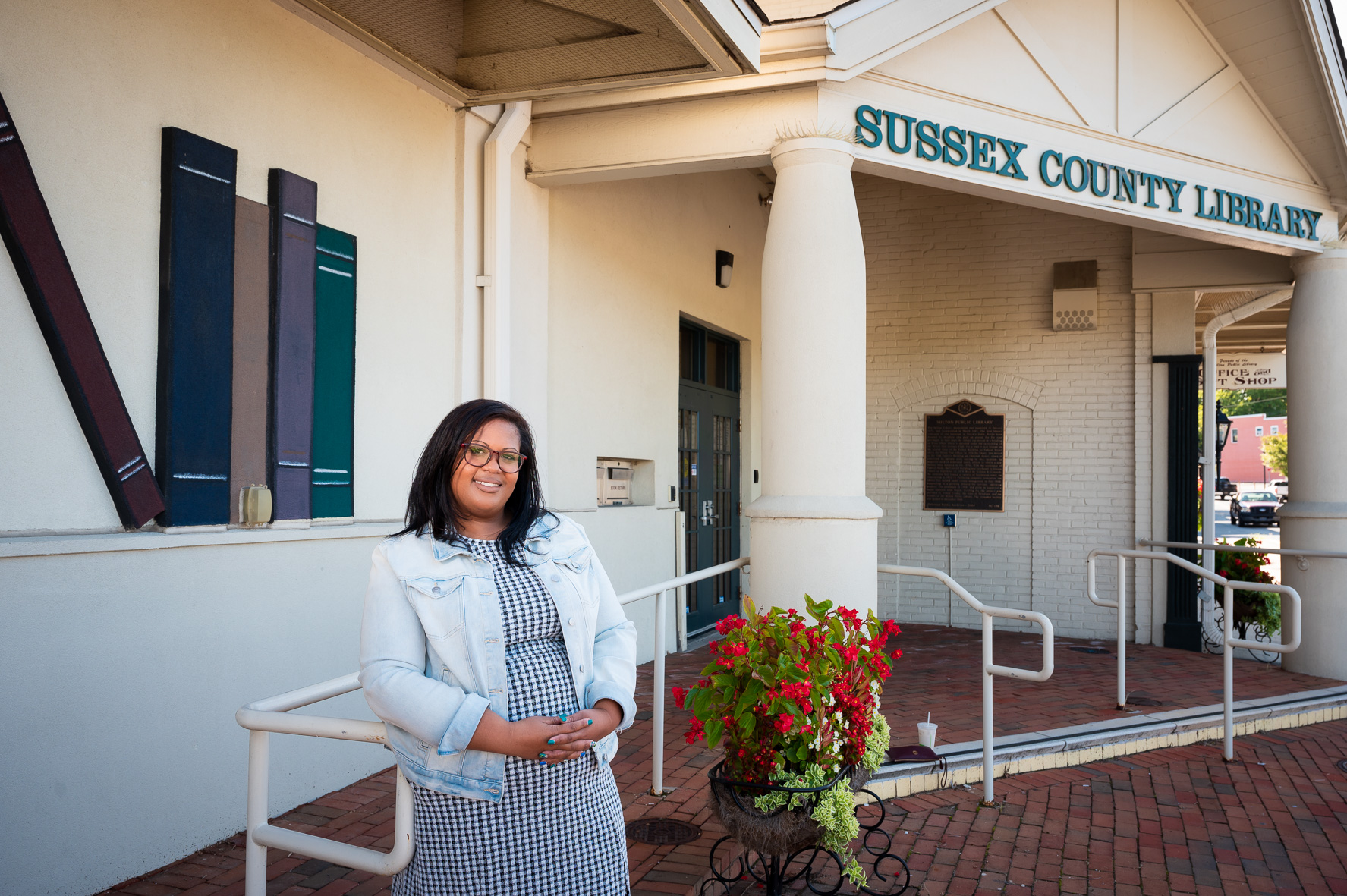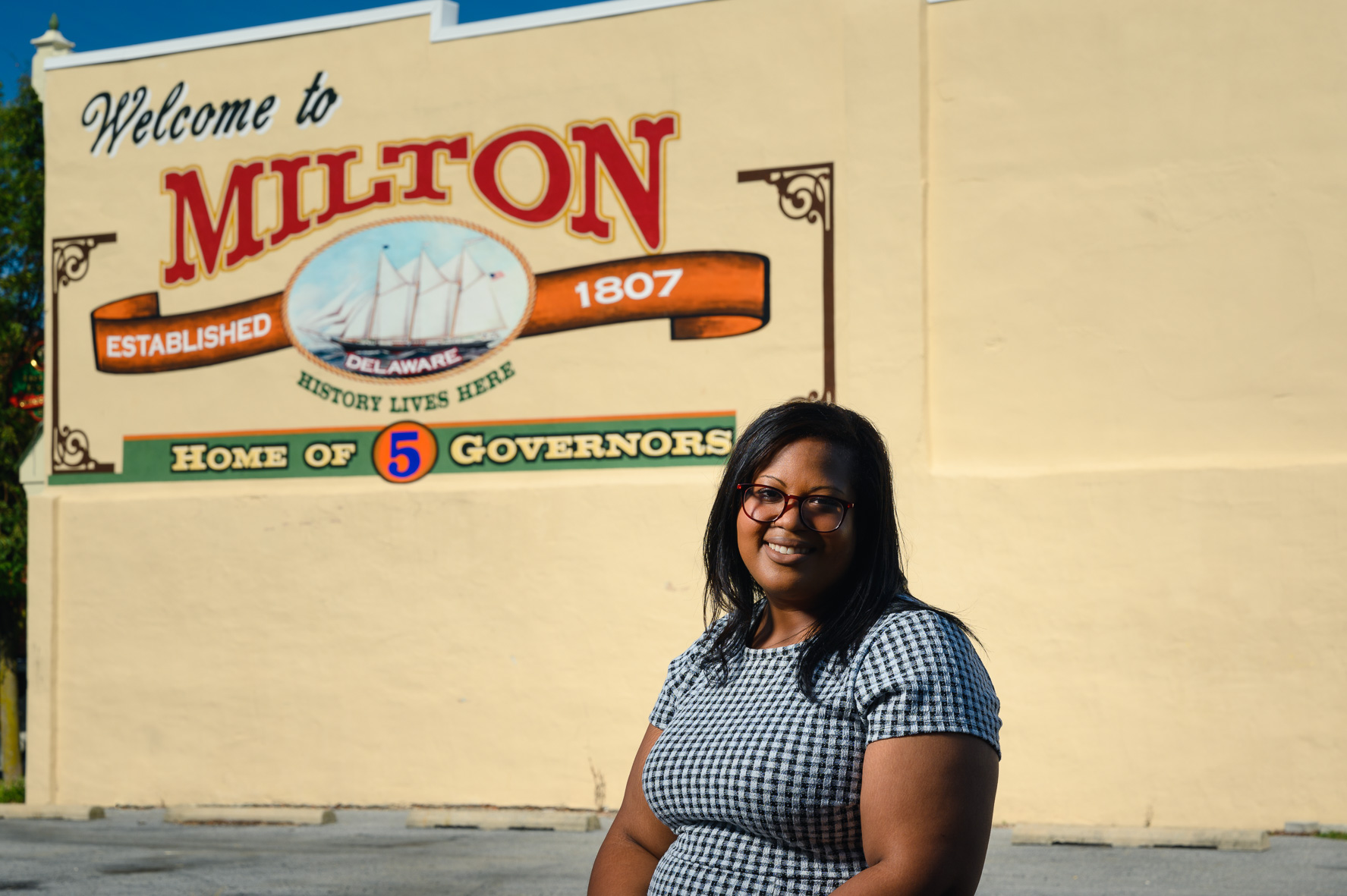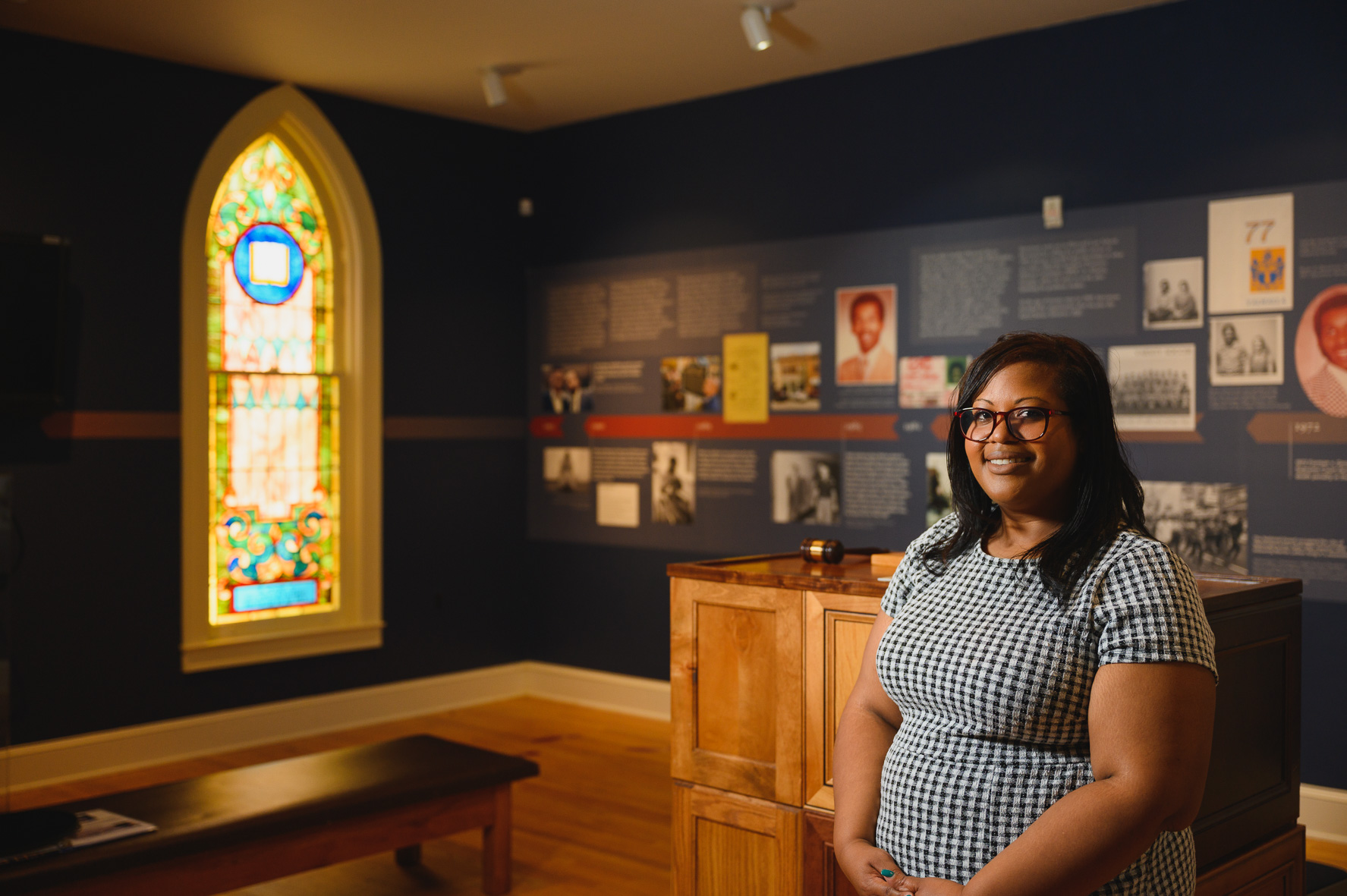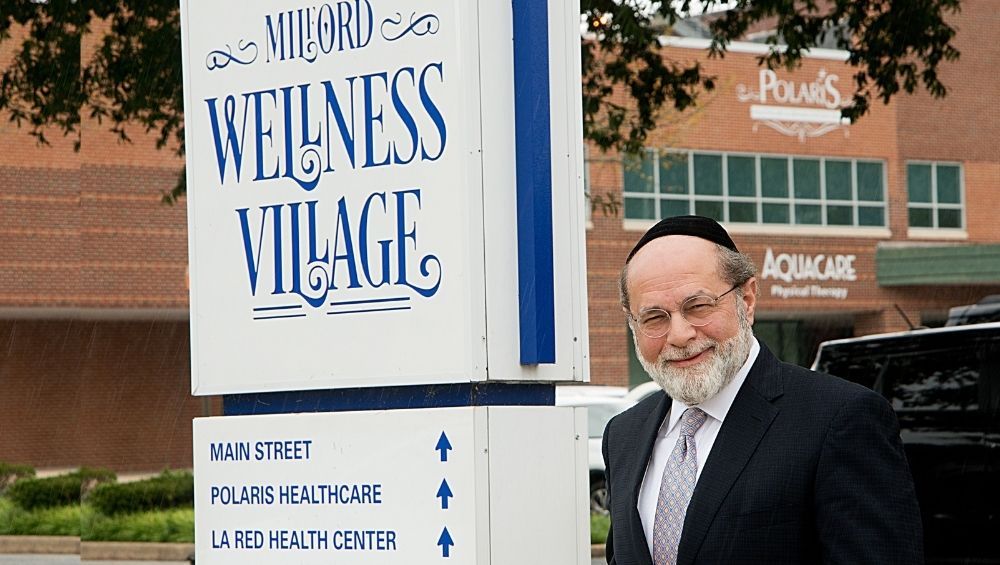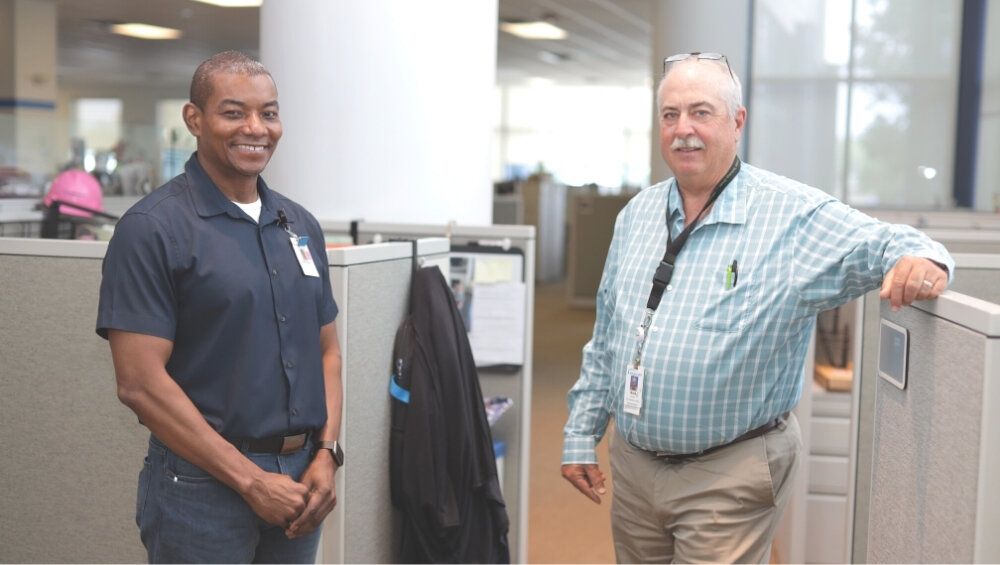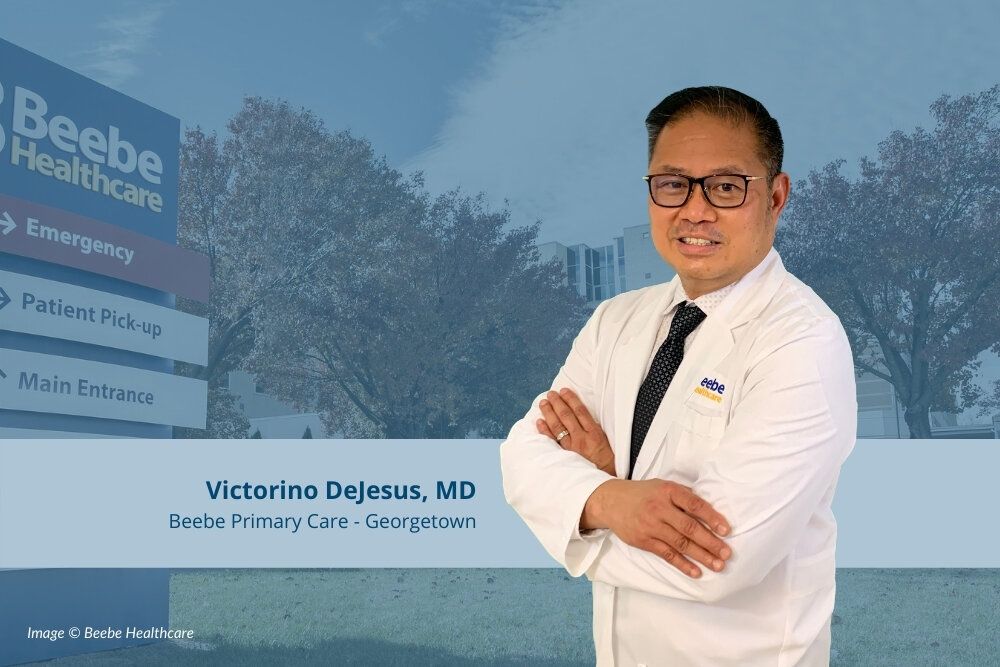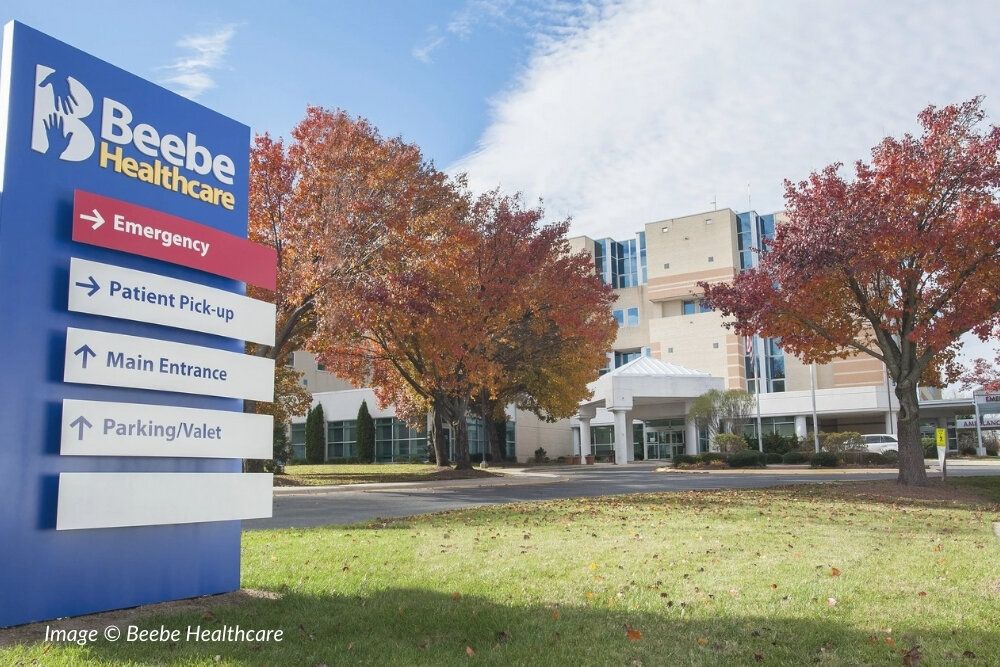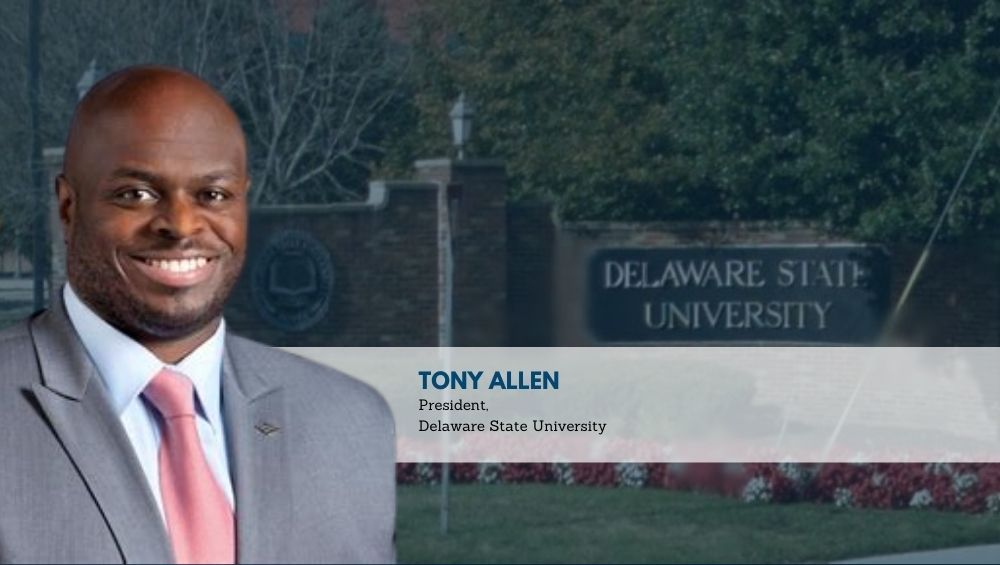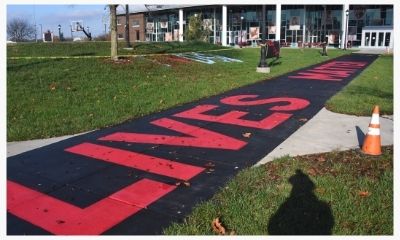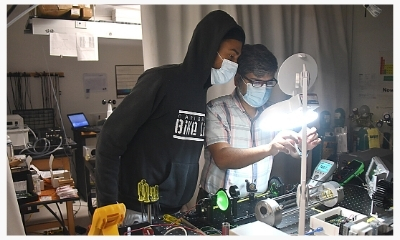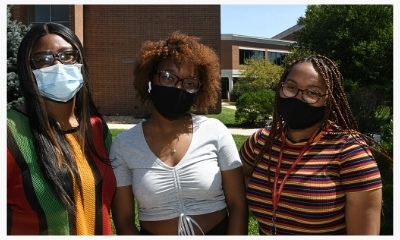Alonna Berry
Founder, The Bryan Stevenson School of Excellence
Alonna Berry loves Delaware
Alonna Berry
MILTON – Alonna Berry comes from a long line of Delawareans from rural Sussex and Kent counties – many of them educators – and says Delaware is near and dear to her heart.
That is why it probably comes as no surprise where the idea for The Bryan Stevenson School of Excellence (BASSE) came from.
“It started from a kitchen-table conversation about three and a half years ago,” said Berry, the school’s founder who’s leading a team of volunteers that hopes to open the Georgetown charter school in Fall 2022. “Most of us are educators and we started talking about a service/learning high school in Sussex County centered on Bryan’s concept of the power of proximity.”
Berry is a first cousin to Milton native Bryan Stevenson, a lawyer, social justice activist, and founder/executive director of the Equal Justice Initiative. His story was the focus of the 2019 movie Just Mercy.
Stevenson regularly talks to audiences about finding ways to get “proximate” to the poor and vulnerable to solve social problems.
“Many of us have been taught that if there’s a bad part of town, you don’t put your business there,” Stevenson told a crowd at Fortune magazine’s CEO Initiative conference in June 2018. “But I am persuaded that we need to do the opposite. We need to engage and invest and position ourselves in the places where there is despair.”
Berry says her journey started with her “deep connection to the power of education. One of my great aunts on my father’s side was the first woman of color in the Smyrna School District and went from being a secretary to superintendent. Another taught in a one-room schoolhouse in Kent County when schools were still segregated.
Entering college, Berry’s dream was to be a judge because she saw the intersections between law and education as critical to the well-being of the community.
Berry said that what makes Delaware great “is its [small] size and access. You can have an impact here in transforming the way we think about education.”
As a student at Syracuse University, Berry majored in Writing and Rhetoric, which gave her the opportunity to tutor inmates at the Auburn (NY) maximum security prison for their GED degrees once a week.
“I would sit across the table from men who were old enough to be my grandfather who couldn’t read or do basic arithmetic,” she said. “That’s what brought them into the criminal justice system, and it drove me to think about the impact of law through the lens of education.”
After college, she joined Teach for America in Jacksonville, Florida, where she taught 9th grade English to students at the time of the
shootings of Treyvon Martin and Jordan Davis, who was killed at a gas station right across the street from where she lived.
“My students were directly impacted by the events in Jacksonville at the time; many of them knew Jordan Davis. I couldn’t ignore these things in my classroom; we had to address it. All that is part of the reason I came back to Delaware, which is near and dear to my heart. The same images with race and bias were still prevalent here, and my nephew was just entering the education system.”
While with Teach for America, Berry participated in the organization’s Rural School Leadership Academy, a yearlong fellowship for aspiring and current school leaders that looks at innovative schools beginning with a reservation in New Mexico.
“I learned from that experience that rural schools are less talked about, less researched, and less funded,” she said. “If we wanted to impact Sussex County, we thought we should do it from the heart of the county – and that’s Georgetown.”
Berry says the academy taught her that “you can’t do this alone. We need a relationship with the community to have the impact we want. We need to bring in all the stakeholders.”
Since returning to Delaware, Berry has taught at William Henry Middle School in the Capitol School District; worked for the State Department of Education in the Teaching and Learning Branch; and Teach for America Delaware, supporting leadership development, classroom training, and teacher coaching. Beyond that, she is very active in a number of local nonprofits including the Delaware Center for Justice, the Youth Philanthropy Board of Sussex County, and Delaware Guidance Services.
Berry, who earned her master’s in Management and Organizational Leadership from Wilmington University and is pursuing her doctorate in Organizational Learning and Innovation from WilmU, said the new school in Georgetown will focus on “service-learning.”
“Through service-learning, we can partner with local community organizations and nonprofits to create spaces so students can see for themselves what’s going on around them and that they can have the impact to change that, Berry said, adding that Stevenson has given the team “his blessing and support but sees this as our project. We’re inspired by his life and mission.”
Berry said the idea to integrate service-learning was the volunteer team’s “a-ha moment.”
“It’s not the school’s role to tell students how to do X and Y; it’s to expose them to opportunities,” she said.
Berry said she was also inspired by a TED talk given by pediatrician and California Surgeon General Nadine Burke Harris about seeing multiple children showing up at her office with similar symptoms. Rather than just writing them a script and sending them home, she decided to go into the community and figure out what makes them sick.
Berry says local businesses and nonprofits are starting to come aboard. Browseabout Books in Rehoboth Beach and the Lewes Library are sponsoring a reading in September where 25% of sales will go to the school. The Milton Historical Society has a Bryan Stevenson exhibit that could raise awareness of the school, says Berry, who recently became the society’s interim executive director.
“I think the pandemic has actually helped to accelerate our work in a lot of ways, Berry said. “Other schools never planned for the scenario like the one we’re in today. We’re asking ourselves whether we have the ability to be 1:1 with students and give them devices to use to learn and to see how other schools and districts are providing broadband. We’re building those scenarios now on the front end.”
Berry said that what makes Delaware great “is its [small] size and access. You can have an impact here in transforming the way we think about education. Charter schools can be controversial, but they started as an opportunity for communities to innovate. That’s what BASSE is doing. We’re not trying to be big. We’re trying to build a community-based partnership and co-create what education looks like. If we’re successful, perhaps other schools will think about it for their kids.”
BASSE will start with grades 9 and 10, with 100 students per grade, and have 350 to 400 students in four grades by Year 3. The school will be open to all Sussex County students, but Berry expects that most will come from the Georgetown area within the Indian River School District. She does concede that organizers have not yet had a conversation with district officials.
“Education is and should be for the community – parents and family members, small business owners, clergy, — if we do a good job of educating our students, a rising tide will lift all ships,” she said.

